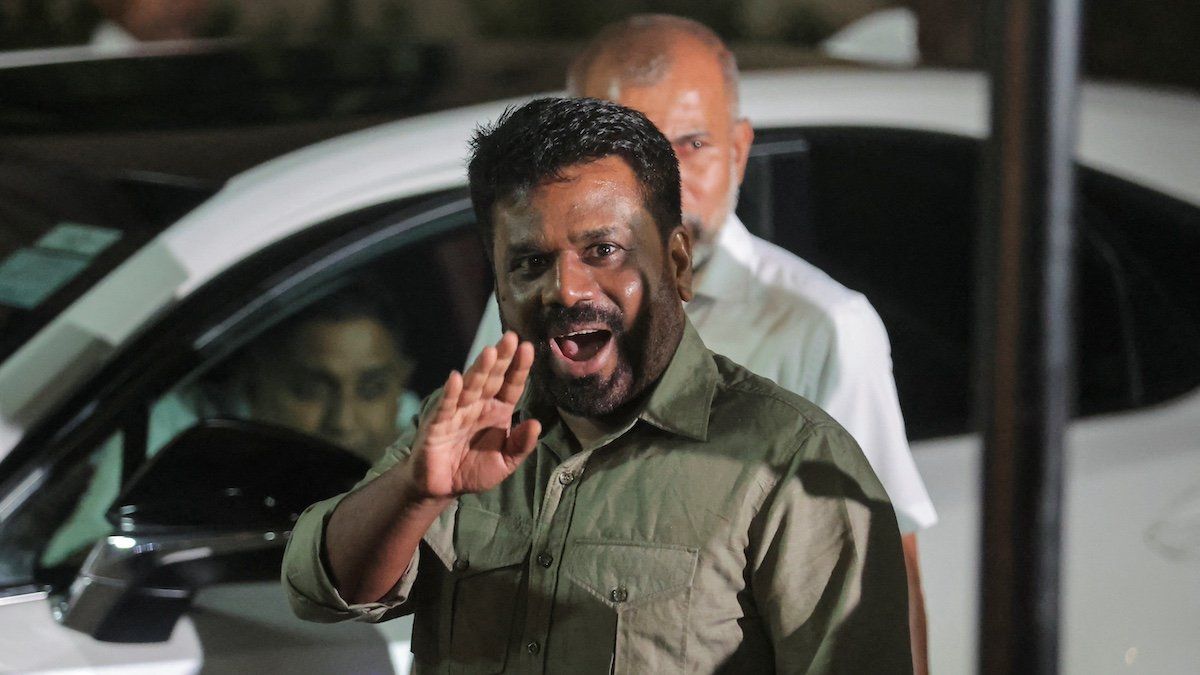Sri Lankan election authorities announced Sunday that Anura Kumara Dissanayake, a Marxist, will become the island’s next president, in a rebuke of the political establishment. Outgoing president Ranil Wickremesinghe congratulated Dissanayake on Sunday and urged him to continue working toward Sri Lanka’s economic recovery after defaulting on its sovereign debts in 2022.
The election was widely seen as a referendum on the austerity measures that Wickresmesinghe imposed as part of a bailout deal with the International Monetary Fund. Although they brought down inflation and stabilized foreign exchange reserves, they also inflicted pain on ordinary Sri Lankans, who were swayed by Dissanayake’s campaign promises to renegotiate terms with the IMF. But Dissanayake will need to tread carefully: roughly $3 billion in IMF support is on the line.
He also must find a way to kickstart a moribund economy, and here’s where geopolitics come into play. In recent years Colombo has looked to China for major infrastructure investments, only to see revenues fall well short of expectations. Despite Sri Lanka losing ownership of a major Chinese-backed port, Dissanayake is expected to continue deepening ties with Beijing, even as the US backs its own Sri Lankan port project.